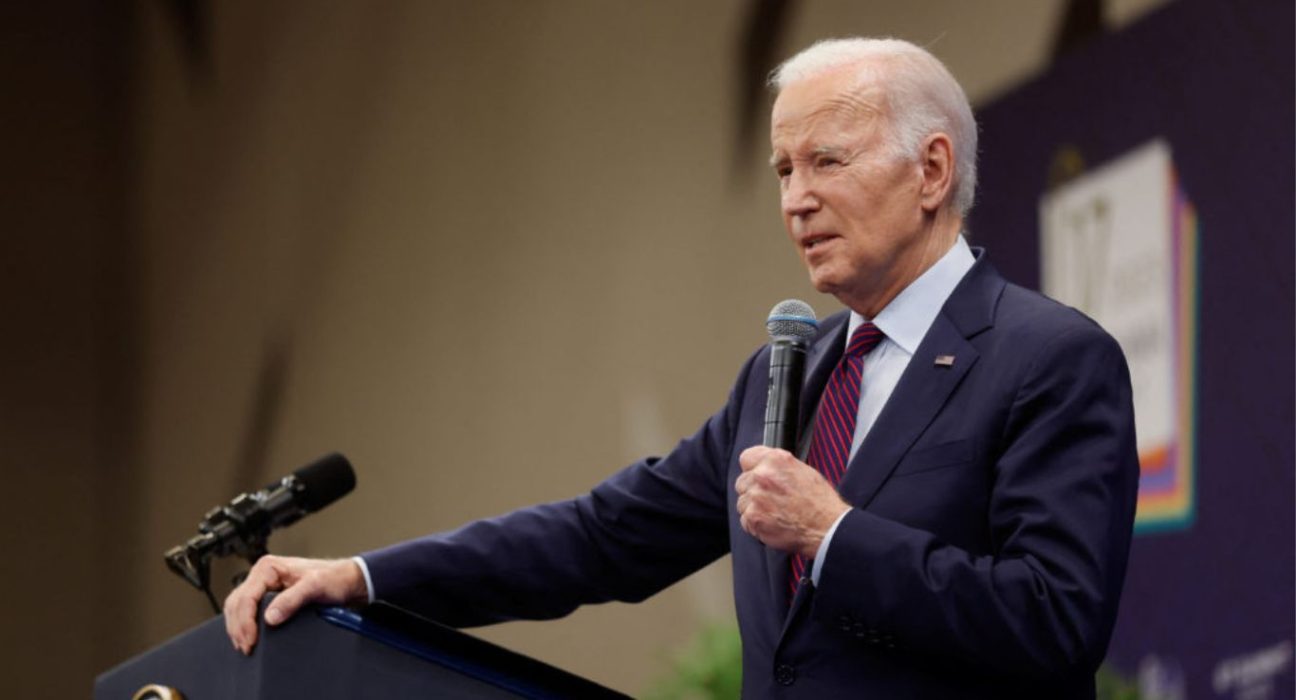Democratic President Joe Biden and a Republican negotiator have joined forces to address the critical issue of raising the United States government’s debt ceiling. With the Treasury Department issuing a warning about an imminent default on June 5 if no action is taken, the two sides have engaged in intense negotiations over the past few weeks. The primary goal is to prevent a calamitous default that could have severe consequences for the nation’s economy and financial stability.
The Urgent Need to Raise the Debt Ceiling
The U.S. government operates under a self-imposed borrowing limit, known as the debt ceiling. It is a cap on the amount of money the government can borrow to meet its financial obligations. As of now, the debt ceiling stands at a staggering $31.4 trillion. Failing to raise the debt ceiling would result in the government being unable to pay its bills, leading to a default that could have dire consequences domestically and globally.
Negotiating a Delicate Balance
The negotiations between President Biden and the Republican negotiator have been marked by the need to strike a delicate balance. While the Democrats aim to raise the debt ceiling to ensure the government’s ability to meet its obligations, the Republicans have been steadfast in their demand for substantial spending cuts. Finding common ground and reaching a bipartisan agreement is crucial to prevent potential economic turmoil.
Consequences of a Default
The possibility of the United States defaulting on its obligations has raised concerns among economists, financial experts, and global markets. A default would shatter the nation’s creditworthiness, leading to a downgrade in its credit rating. This downgrade would make borrowing more expensive for the government, exacerbating the already burdensome national debt. Additionally, a default could trigger a widespread loss of confidence in the U.S. dollar, negatively impacting the global financial system.
Impact on the Economy and Citizens
The consequences of a default would extend beyond the financial sector, severely affecting the U.S. economy and its citizens. A default would cause interest rates to rise, making it more expensive for individuals and businesses to borrow money. This, in turn, would hamper economic growth, stifle investment, and lead to job losses. Social welfare programs, defense spending, and various government services would also face the risk of severe cutbacks, potentially impacting vulnerable populations.
Political Implications and Public Opinion
The negotiations over the debt ceiling raise significant political implications for both parties. Democrats aim to demonstrate their ability to govern effectively, highlighting their commitment to fiscal responsibility. Republicans, on the other hand, leverage the situation to push for spending cuts and showcase their dedication to reducing the size of government. The outcome of these negotiations will undoubtedly shape public opinion and influence the political landscape leading up to future elections.
The Path Forward
Given the urgency of the situation, President Biden and the Republican negotiator are engaged in ongoing discussions, exploring various compromises to raise the debt ceiling. Both sides recognize the severe consequences of a default and the need to find a solution that ensures the government’s ability to meet its obligations while addressing concerns about spending. It remains to be seen how these negotiations will unfold and whether a bipartisan agreement can be reached in time to avert a potentially catastrophic default.
In conclusion the negotiations between President Biden and the Republican negotiator to raise the U.S. government’s debt ceiling have reached a critical stage. With a looming June 5 default deadline, the urgency to find a solution has intensified. The potential consequences of a default, such as damaging the nation’s creditworthiness and impacting the economy and citizens, underscore the need for swift action. The outcome of these negotiations will not only shape the immediate financial future but also have political implications that resonate beyond this issue.










